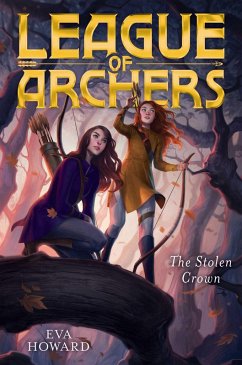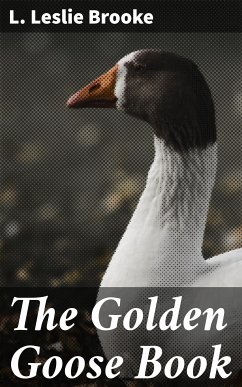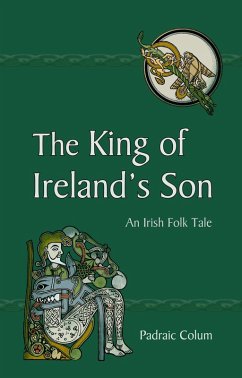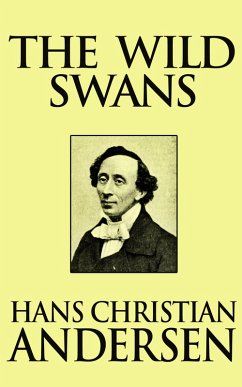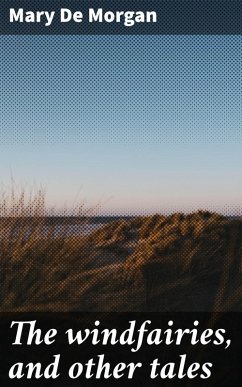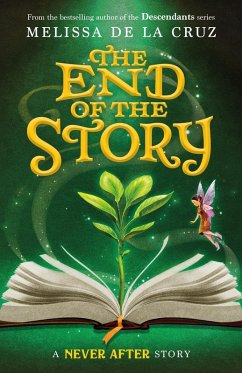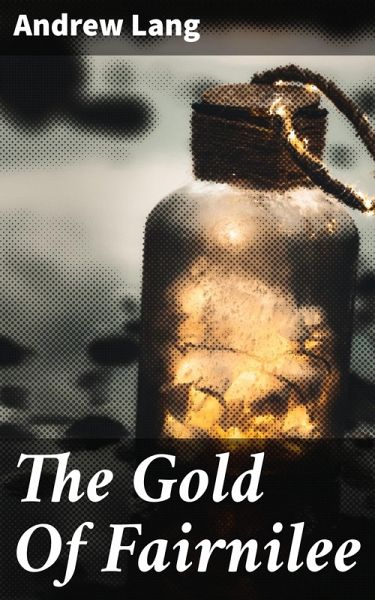
The Gold Of Fairnilee (eBook, ePUB)
A Magical Highland Fairy Tale of Romance and Adventure
Versandkostenfrei!
Sofort per Download lieferbar
0,49 €
inkl. MwSt.
Weitere Ausgaben:

PAYBACK Punkte
0 °P sammeln!
In "The Gold of Fairnilee," Andrew Lang artfully weaves a tale steeped in Scottish folklore, seamlessly blending imaginative storytelling with rich cultural motifs. Drawing upon the historical backdrop of the Scottish Borders, Lang's narrative unfolds through an enchanting blend of adventure and fantasy, inviting readers into a world where the lines between myth and reality beautifully intermingle. The prose is both evocative and lyrical, capturing the essence of the enchanting landscapes and the courage of its characters. The book stands as a testament to Lang's desire to preserve and popular...
In "The Gold of Fairnilee," Andrew Lang artfully weaves a tale steeped in Scottish folklore, seamlessly blending imaginative storytelling with rich cultural motifs. Drawing upon the historical backdrop of the Scottish Borders, Lang's narrative unfolds through an enchanting blend of adventure and fantasy, inviting readers into a world where the lines between myth and reality beautifully intermingle. The prose is both evocative and lyrical, capturing the essence of the enchanting landscapes and the courage of its characters. The book stands as a testament to Lang's desire to preserve and popularize national folk tales for the modern reader. Andrew Lang, a preeminent figure in the field of folklore and anthropology, was deeply influenced by the stories of his Scottish heritage. His scholarly work and dedication to collecting folk tales fueled his imagination, ultimately culminating in this romantic narrative. Lang'Äôs background as a poet and a scholar, coupled with his affinity for storytelling, lends a unique depth to "The Gold of Fairnilee," reflecting his belief in the power of folklore to convey moral truths and cultural history. This enchanting tale is a must-read for those interested in folklore, cultural history, or simply seeking a compelling adventure. Lang's ability to evoke the magic of the Scottish landscape alongside timeless themes of heroism makes this book not only an engaging read but also an important cultural artifact. Readers will find themselves transported into a world where every page turn reveals the extraordinary unpredictability of life and legacy.
Dieser Download kann aus rechtlichen Gründen nur mit Rechnungsadresse in A, B, BG, CY, CZ, D, DK, EW, E, FIN, F, GR, H, IRL, I, LT, L, LR, M, NL, PL, P, R, S, SLO, SK ausgeliefert werden.




